Sam McGinnis

In recent decades, pop-up museums have been the site of both radical trans critique and the emergence of a highly commodified “selfie museum.” What is it about the pop-up— an ephemeral, shape-shifting installation of objects and artworks— that allows it to be harnessed by both trans activists/archivists and for-profit corporate sponsors? Why do these queered reimaginings occur in a historical moment saturated with neoliberal museum policies and increasing state surveillance of bodies? To examine these questions, I will utilise three key case studies of trans-led pop-ups from various colonial contexts, […]
Mallen Clifton
Viktoriya Carpio
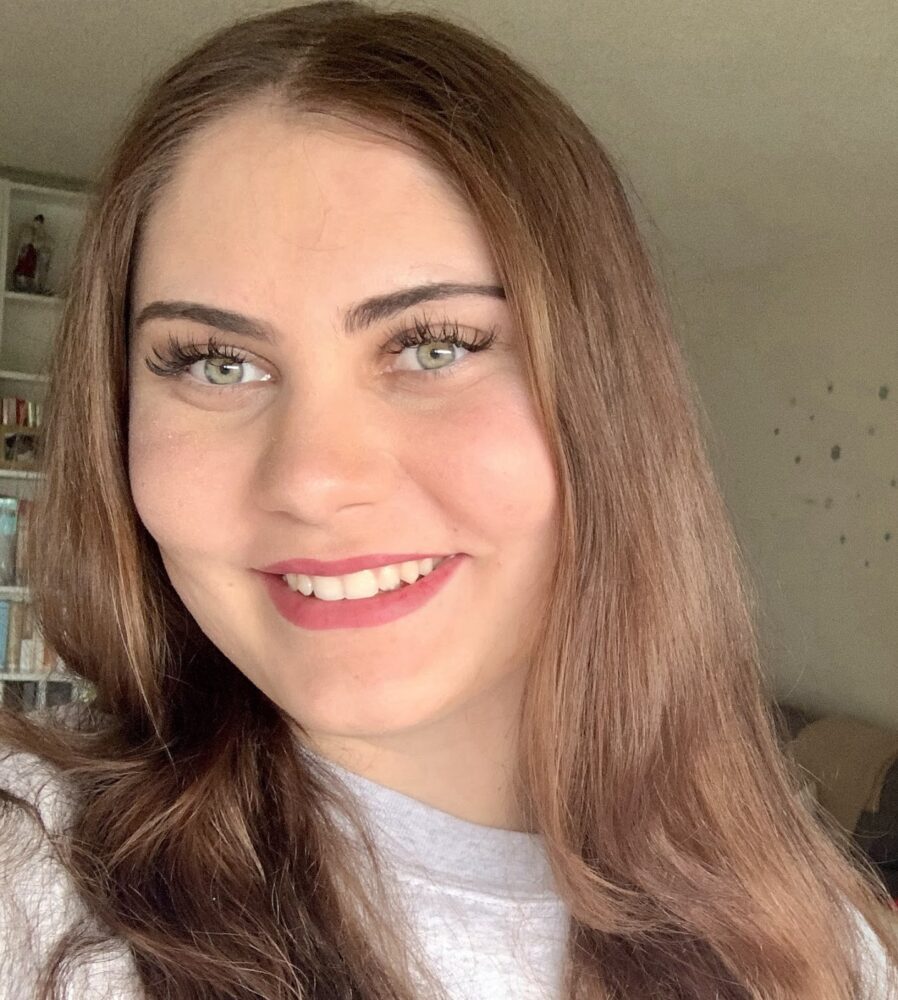
An Indulgence, a remission of temporal punishment of sin whose guilt has been already forgiven through the sacrament of confession, has played a major devotional role in the lives of all social classes in Late Medieval England. Although the Early Modern historiography and the negative portrayal in popular culture (Canterbury Tales by Chaucer) diminished the overall credibility of indulgences, I will try to discern the extent of Indulgence’s devotional and communal effects on the common English lives and people. By exploring their primary communal and religious context, I want to […]
Ockemia Bean

Da Eun Jung
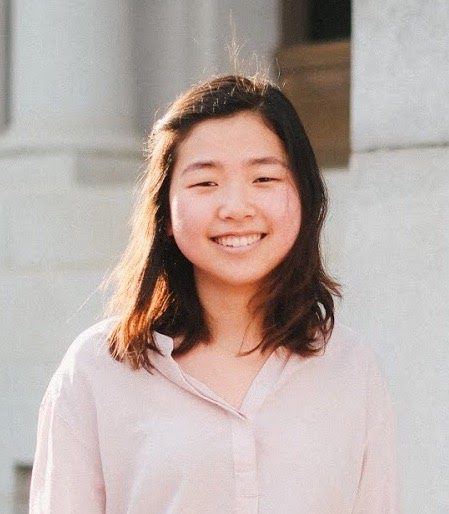
In the United States, abortion has been legal since the Supreme Court decision in Roe v. Wade (1973), but abortion restrictions have been gradually increasing since then. In contrast, the Republic of Korea overturned its anti-abortion legislation on January 1, 2021. This project uses in-depth interviewing to study Korean women’s perceptions on abortion, opinions on the future state of abortion policies in Korea, and interpretations of the U.S. abortion debate. This study will examine how a forthcoming abortion legislation will reflect women’s opinions of abortion, speculate on how the policy […]
Cynthia Zhong

Lauren “Aris” Richardson
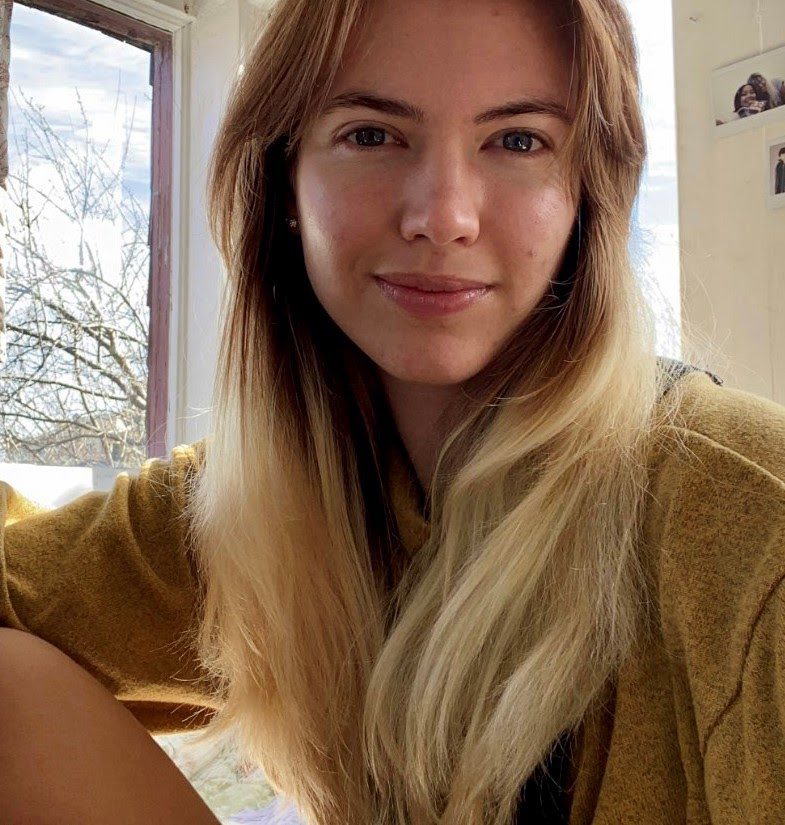
From infancy, people are told stories. The patterns, morals, and relationships in these stories help children form schemas to interpret the world. While cultures have prominent stories that are passed down to most children (e.g. Romeo and Juliet), people spontaneously invent narratives for purposes of entertainment, distraction, or teaching. My research aims to understand how androcentric bias (the bias that centers the experiences of men over the consideration of other genders) functions at an interpersonal, individual level during storytelling; more specifically, how a character’s agency or communality in a story […]
Jacqueline Forsyte
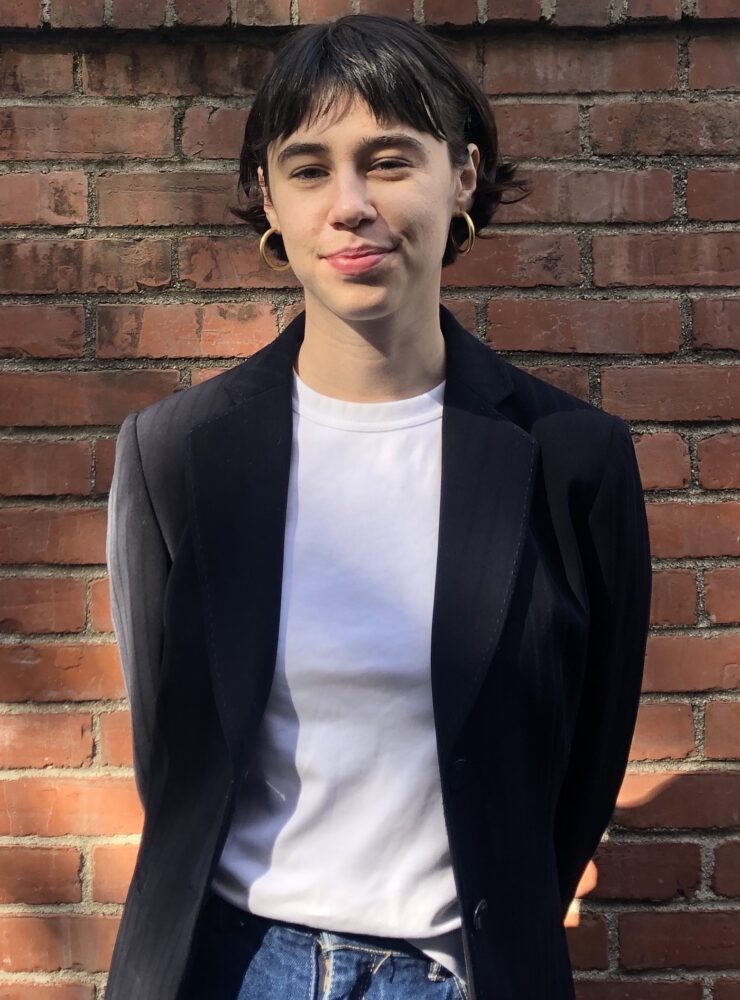
How do we imagine Queer and Transgender pasts? My project aims to investigate 19th century and early 20th century Queer and Transgender spaces in Los Angeles. I will be exploring the intersections of Decolonial and Queer theory to study the city of Los Angeles. I am exploring the Indigenous communities who preceded the city and understanding how their resistance to violence informs a Queer reading of the past. Using research on the colonization of the American West, I will begin by studying the formation of the city, then begin to […]
Aleah Jennings-Newhouse
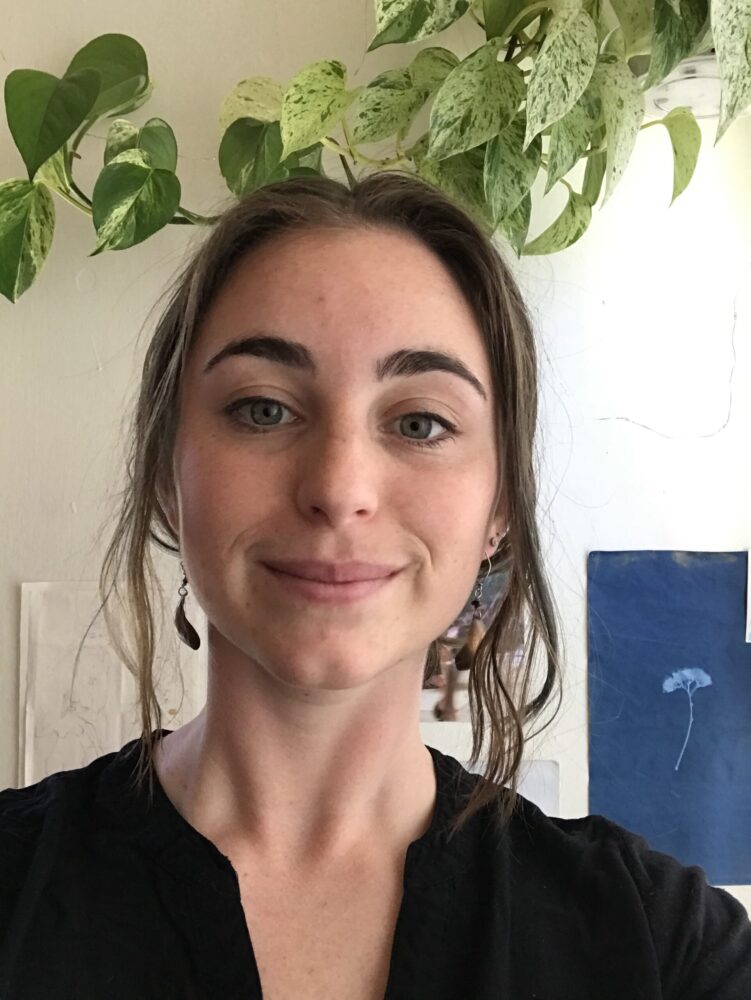
The impacts of COVID-19 on socioeconomic relations, spatial arrangements, and the role of government, have increased the precarity of life for poor and working class communities and communities of color, who are disproportionately impacted by the current crisis and pre-existing systems of exploitation. At the same time, this moment offers opportunities to develop networks of production and distribution that center justice and solidarity, reconcile the organization of our communities with the realities of the climate crisis, and realign public goals with public actions. This project aims to address a pressing […]
Cedegao Zhang
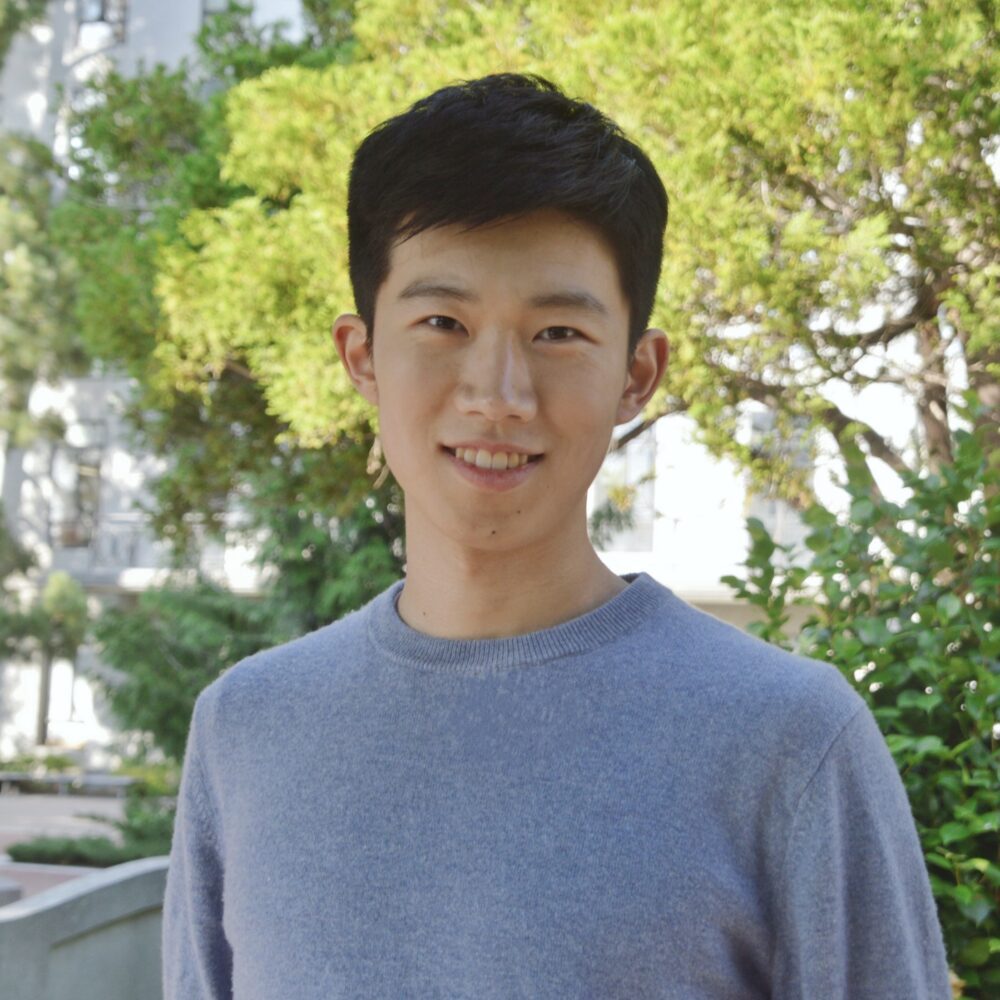
My research project investigates the cognitive processes underlying peoples modal reasoning. Modal reasoning concerns the possibility and probability of events. It is linguistically expressed by modal words such as certainly, probably, and might. As an example, if you see a person running on the street, you can reason about the scene and infer that he or she might be catching a bus. This kind of reasoning is prevalent in everyday life. Thus, modal reasoning is an interesting topic for cognitive scientists, and studying the use of modal words can reveal […]